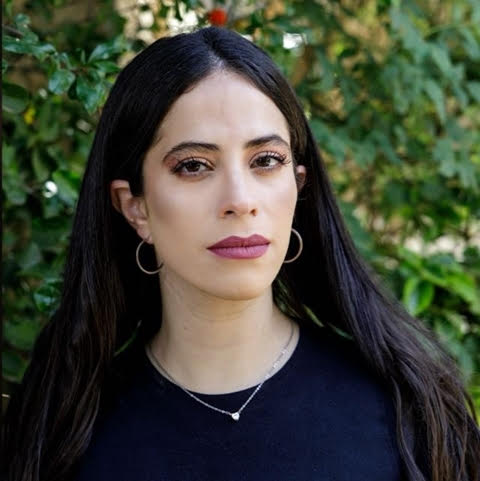Nivcharot Concludes Its Seventh Leadership Course
- admin061052
- Oct 27, 2024
- 2 min read
20 Haredi women successfully completed the seventh Nivcheret, Nivcharot’s leadership Program, which took place at the Ono Academic College. Adina Bar Shalom honored the participants with her presence at the opening session. The rich syllabus included in-depth discussions on feminist issues, political activism, women’s health and rights and a study day at the Knesset featuring meetings with MK’s Meirav Ben Ari and Naama Lazimi.

Graduates said about the program
“This was an enlightening and empowering experience. It broadened my horizons and gave me a lot to think about. I met some wonderful women, and I now feel more confident putting into practice all that I have learned.”
“I met some inspiring and courageous women. G-d willing, this will be the beginning of fruitful endeavors and true friendships . You have put so much thought into every little detail.”
“This program reflects an important mission and a voice that has to be heard. I appreciate the team’s meticulous organization, the creativity and thought that was invested to make this content accessible. It was a pleasure to participate.”
In her meeting with the participants, Adina Bar Shalom spoke about the challenges of being a woman in the Haredi society, citing the unique voice and skills that women have, and in response to questions, provided guidance on how to answer men who try to exclude them from the public sphere based on Halacha.
She also addressed the issue of the Haredi draft, acknowledging the secular community’s desire that the burden of military service be equally shared, and supporting the draft of the Haredi community while ensuring its right to preserve its lifestyle.
MK Naama Lazimi spoke about the realization of a dream the “she did not even dare to dream.” She advised participants to be active in city councils and various public committees as an effective way to gain experience before venturing into politics.
MK Meirav Ben Ari spoke about the current dark times, in which political parties are made up primarily of men, and some political parties exclude women altogether. She also cited prime-time TV and radio, where the guests are men, and if women are interviewed, it is usually in the role of “the mother or sister or daughter of …” “You are the solution,” she told the participants.
A brief introduction to 2 of our program graduates |
 |







Comments